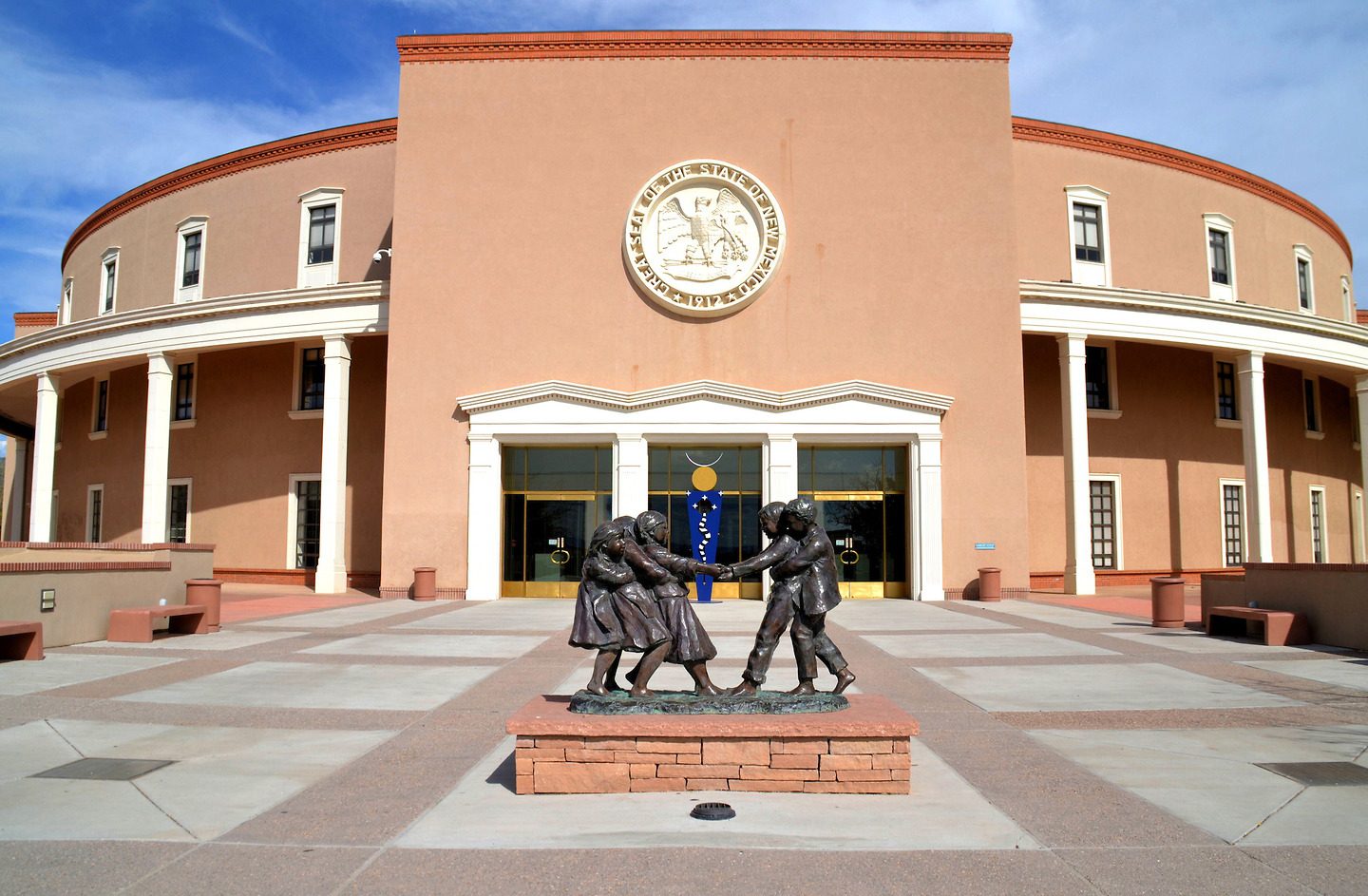At funding trial, educators say they’re doing their best with less

When he took the stand under cross examination Tuesday, Panther Valley Superintendent David McAndrew had to explain how his rural, underfunded district managed to repave its headquarters parking lot. He was under cross-examination at the start of a long-awaited and potentially historic trial in which plaintiffs say thousands of Pennsylvania students are being denied their basic right to a quality education because of inadequate and unfairly distributed state funding.
Attorney Thomas DeCesar, representing Republican Senate President Jake Corman, listened as McAndrew started to explain that school officials worked with the local towns so that most of the $900,000 cost did not come out of the district’s budget, saving money that could be used for more pressing needs, such as hiring more counselors and reducing class size.
But DeCesar didn’t want to hear about the hard choices McAndrew faced. Republican leaders of the General Assembly are contending during this trial that the stories about individual school district struggles are beside the point in a case about whether the state’s funding system meets constitutional muster.
“To be clear, the parking lot was repaved,” he said.
Panther Valley is one of six districts, three families, and two civil rights organizations suing the state seeking to overturn Pennsylvania’s school funding system. After seven years of legal wrangling, they are arguing in front of Judge Renée Jubelirer that the vast inequities it has produced among districts violates the state constitution’s equal protection guarantee and its mandate that the Commonwealth maintain a “thorough and efficient system of education.”
Testimony started this week in Commonwealth Court with McAndrew and Tara Yuricheck, a fifth grade history teacher and president of the Panther Valley’s teachers’ union. They listed the district’s deprivations: large class sizes, teacher turnover, a counselor shortage, moldy buildings, a history textbook that stops with the presidency of Bill Clinton. And a parking lot, until recently, full of potholes.
Panther Valley, a rural district with 1,600 students spanning parts of Schuylkill and Carbon counties in what was once was the heart of coal country, is plagued by deep poverty and widespread joblessness. Despite one of the highest local property tax rates in the state — ranking it 10th among 499 districts — it can’t raise enough money to offer students what they need, McAndrew said, and its state aid is insufficient to plug the hole. It has an “adequacy gap” of nearly $6,000 per student, according to an analysis cited by the plaintiffs using the legislature’s own calculations.
“We’re broke,” McAndrew told the court — so much so that the district used some of its one-time federal pandemic relief aid to pay recurring salaries, even though the state advised against that. It was the only way to keep needed paraprofessionals as well as some sports programs, art classes, music, and JROTC, he said.
Student achievement in the district has lagged, based on standardized test scores. But while Republicans in the legislature have long cited low test scores as signs of a school district’s failure, the attorneys for the General Assembly’s Republican leadership in this case are now downplaying their value as a reliable performance indicator. They are citing statements made by Panther Valley officials that test scores do not fully represent a student’s talent or a district’s quality as evidence that the district believes it is doing well by its students despite the obstacles.
The attorneys want to establish that Panther Valley is coping just fine with what it has, turning officials’ own accounts of resourcefulness against them. Attorneys seek to prove that Panther Valley is providing students with the basics and more in some cases, and therefore are meeting the state’s constitutional mandate.
“Do your buildings have heat?” DeCesar asked McAndrew.
“Yes, but it fluctuates,” McAndrew answered.
In his cross examination of McAndrew, who became superintendent at the height of the pandemic, DeCesar went through a list of courses offered in the district, including art and music and Advanced Placement classes. He asked about outside grants the districts received and new instructional programs it has purchased. He pointed out that the district recently started offering full-day kindergarten.
DeCesar said the district’s budget documents show that it was able to end the fiscal year with a fund balance. That is standard budgetary practice.
The legislators’ lawyers went easier on Yuricheck, who grew up in the district and sends her children to its schools. “We don’t have enough staff, we have a teacher shortage,” Yuricheck said. She teaches five classes a day, ranging from 25 to 34 students in each. The opioid crisis has hit the area hard, she said; a parent of one of her students recently overdosed. “The students have a lot of trauma. They require a lot of services.”
She said her own parents lost their home due to the high taxes.
“The bank took their home, now they pay rent,” she said.
The respondents’ attorneys are attempting to build a case that while all this may be unfortunate, it doesn’t mean that the state education funding system violates the “thorough and efficient” clause of the constitution —the crux of the case.
On Wednesday, the plaintiffs also brought in legal historian and constitutional expert Derek Black to explain the origin of the clause in the 1870s and his research into the framers’ thinking.
Black said Pennsylvania and other states feared that the nation’s republican government could not be sustained unless all its citizens were educated.
The framers specified that the state spend $1 million on education and avoid “oppressive” taxation on some residents but not others to fund education.
The constitution was updated in 1968 to remove anachronisms, including the $1 million figure. It also changed the clause that the thorough and efficient system was “for all children” to say instead that it was meant “to serve the needs of the Commonwealth, a way to emphasize that universal education has a civic and communal value, Black said.
In his cross examination, Patrick Northen, attorney for House Speaker Bryan Cutler, pressed Black on the issue that there is no “right” to education established in either the state or federal constitution.
Northen sought to emphasize that education is a matter of local control and that the Constitution’s framers deliberately did not include the word “uniform” in describing the educational system, implying that they anticipated inequities would occur. Black said the framers rejected the word as “rigid,” fearing it could be misinterpreted in the future as requiring all districts to use the same books, for example, or preventing some places from offering single-sex schools.
Black’s cross-examination ended Thursday.
The case is expected to last eight to 10 weeks. Philadelphia is not a plaintiff — it was under state control when the lawsuit was filed — but the Board of Education Thursday unanimously approved a resolution supporting the lawsuit. Superintendent William Hite is expected to testify at the trial.
This article was originally posted on At funding trial, educators say they’re doing their best with less



